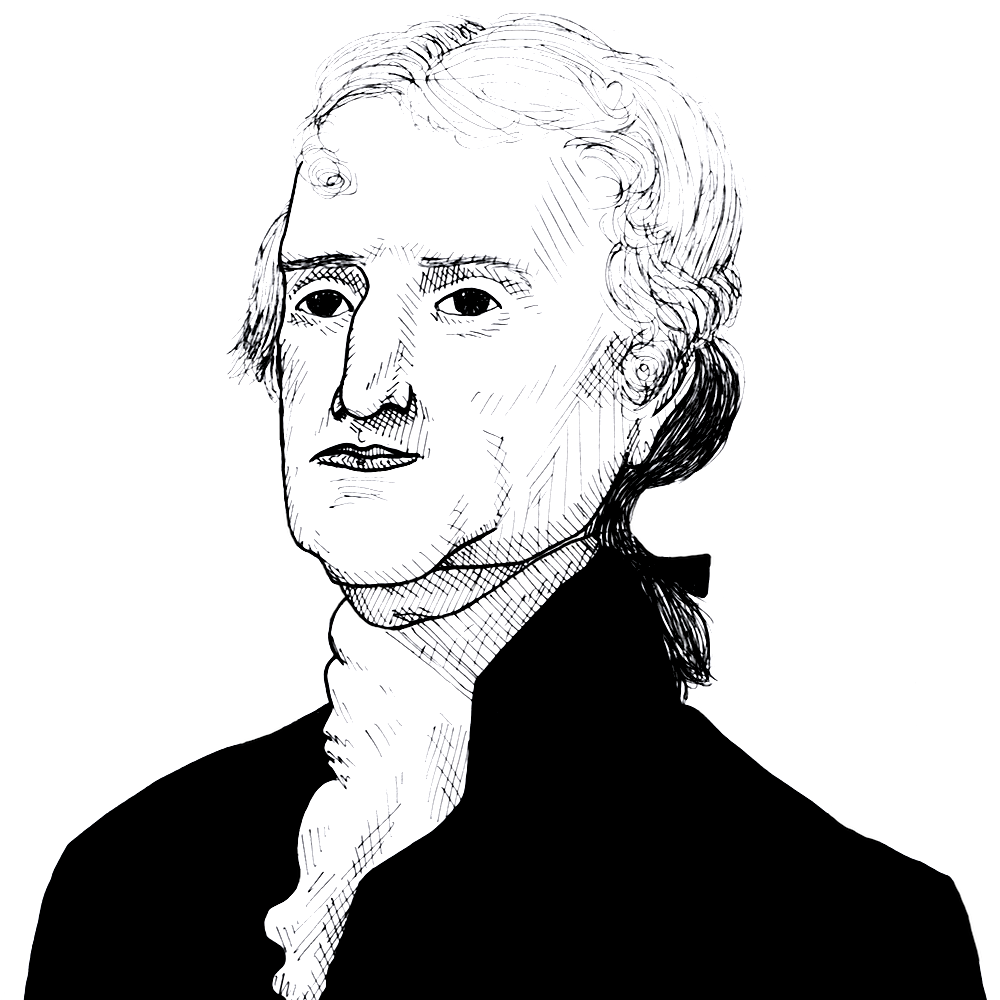
Thomas Jefferson on Slavery and Liberty
Found in: The Works of Thomas Jefferson, 12 vols.
This lengthy passage from the eighteenth chapter of Thomas Jefferson’s Notes on the State of Virginia (1787) demands the serious scrutiny of every historian who genuinely wants to understand both the nature of human freedom and its historical meaning. Few paragraphs have delved so frankly and deeply into the effects of slavery to reveal as much as this encapsulation.
Colonies, Slavery & Abolition
“The whole commerce between master and slave is a perpetual exercise of the most boisterous passions, the most unremitting despotism on the one part, and degrading submissions on the other. Our children see this, and learn to imitate it; for man is an imitative animal. This quality is the germ of all education in him. From his cradle to his grave he is learning to do what he sees others do. If a parent could find no motive either in his philanthropy or his self-love, for restraining the intemperance of passion towards his slave, it should always be a sufficient one that his child is present. But generally it is not sufficient. The parent storms, the child looks on, catches the lineaments of wrath, puts on the same airs in the circle of smaller slaves, gives a loose to the worst of passions, and thus nursed, educated, and daily exercised in tyranny, cannot but be stamped by it with odious peculiarities. The man must be a prodigy who can retain his manners and morals undepraved by such circumstances.”